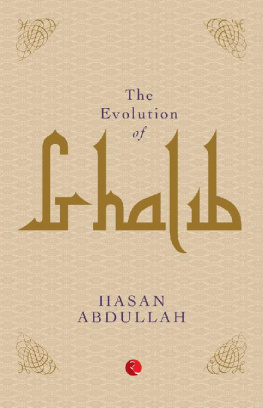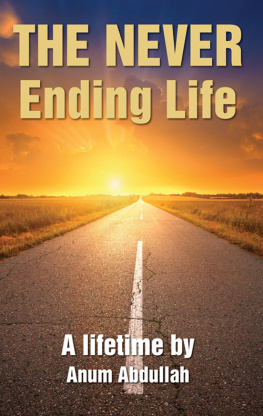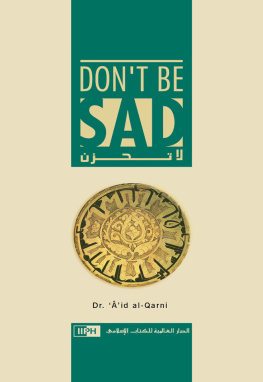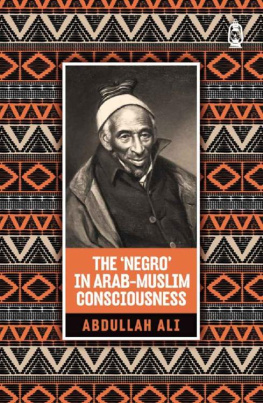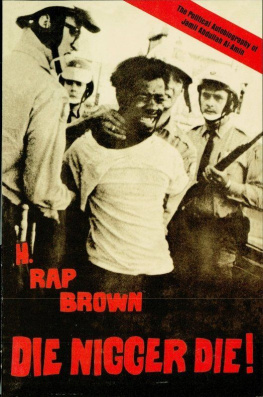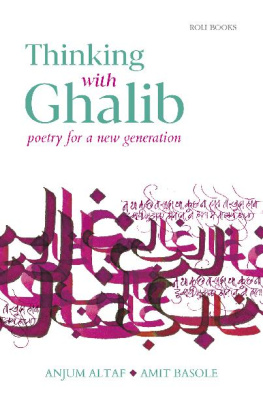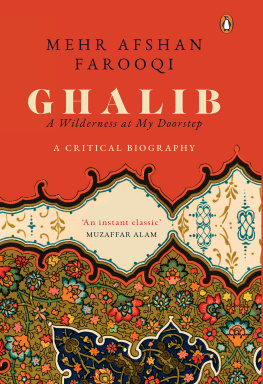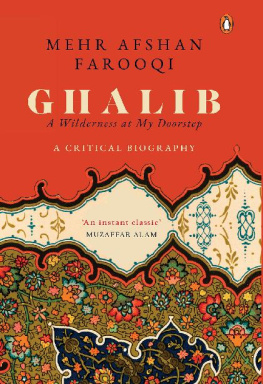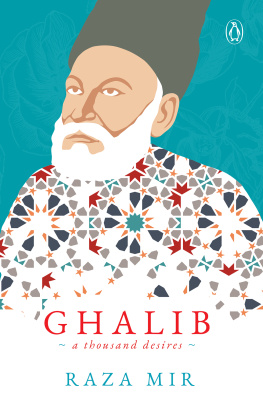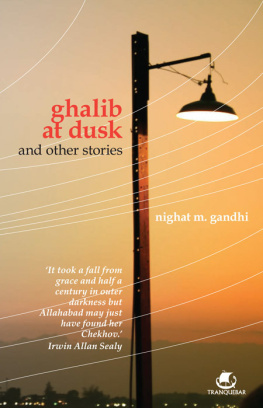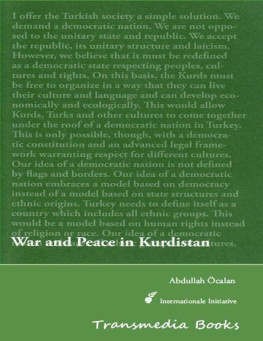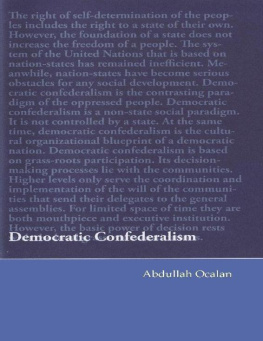Schooled in Jamia Millia Islamia, New Delhi, Hasan Abdullah is a graduate from Delhi College of Engineering and postgraduate from the Indian Institute of Technology, Delhi. Besides consulting, researching and publishing as a professional engineering researcher, he has published articles on society and literature, including some on the poetry of Ghalib, in Urdu and English periodicals. He discusses Urdu poetry of Ghalib at https://ghalibkaarvaan.wordpress.com
A. Naseeb Khan completed his PhD thesis on translation of modern Urdu poetry into English, and MPhil dissertation on Khushwant Singh and A.J. Arberrys translations of Iqbals Shikwa aur Jawab-e Shikwa . He has to his credit several translated and edited volumes, including the translation of Maut ki Kitab , an Urdu novel by Khalid Jawed, and a monograph on Moin Ahsan Jazbi, published by Sahitya Akademi. His latest collection of poems is titled Rip Not the Sore . At present, he is the Principal of Syed Abid Husain Senior Secondary School, Jamia Millia Islamia, New Delhi.
Published by
Rupa Publications India Pvt. Ltd 2017
7/16, Ansari Road, Daryaganj
New Delhi 110002
Copyright Hasan Abdullah 2017
The views and opinions expressed in this book are the authors own and the facts are as reported by him which have been verified to the extent possible, and the publishers are not in any way liable for the same.
All rights reserved.
No part of this publication may be reproduced, transmitted, or stored in a retrieval system, in any form or by any means, electronic, mechanical, photocopying, recording or otherwise, without the prior permission of the publisher.
ISBN: 978-81-291-xxxx-x
10 9 8 7 6 5 4 3 2 1
The moral right of the author has been asserted.
This book is sold subject to the condition that it shall not, by way of trade or otherwise, be lent, resold, hired out, or otherwise circulated, without the publishers prior consent, in any form of binding or cover other than that in which it is published.
To
my mother, Sulaima,
my father, A.W. B. Qadri,
Jamia Millia Islamia of 1960s and 70s and the readers
Contents
Debut IJuvenile Genius
(18131816, 1518 years)
Debut IIProfessional Poet
(Post-1816, 19 years)
Exploration IUpbeat Wanderer
(18181821, 2023 years)
Exploration IISecret Seeker
(Post-1821, 24 years)
Exploration IIIBudding Philosopher
(18231826, 2528 years)
Bloom IDialectical Thinker
(Post-18261828, 2930 years)
Bloom IIMaturing Artist
(18291847, 3149 years)
Bloom IIINumero Uno
(Post-18471851, 5053 years)
Twilight IPast Master
(18521857, 5459 years)
Twilight IIDwindling Star
(Post-18571867, 6069 years)
Preface
M irza Asadullah Beg Khan Ghalib (27 December 179715 February 1869)arguably the best exponent of the Urdu ghazalwas born and raised in the northern region of nineteenth-century feudal India. During Ghalibs life, the British, who had completed the conquest of India by 1803, had allowed the old Mughal court in Delhi to continue as the centre of cultural life.
For almost 200 years, from the eighteenth century to the twentieth century, while Urdu was the lingua franca of India, Persian was the language of governance, diplomacy and culture. As a result, it was considered prestigious to write poetry in Persian during that time.
Urdu got a boost in 1772, when Shah Alam II took up residence at the Red Fort in Delhi and gave patronage to Urdu and used it informally around the court. In the eighteenth century, the development of Urdu, that is Persianized Hindustani, took place in Mughal court circles in Delhi. Prior to that, one finds it in the Dakani speech of the Deccan.
Into this milieu appeared Ghalib, a man with an aristocratic background, a fatherless childhood and an early youth of carefree gaiety. However, his adult life was beset with serious financial difficulties and he suffered other indignities. He interacted with several of the most famous Indian littrateurs and British scholars of nineteenth-century India.
Ghalibs first literary work, a collection of Urdu poetry, was ready by 1816, when he was just eighteen years old. At that time, however, he was engaged in mastering Persian which that society considered the literary language. In 1828, Ghalib compiled the manuscript Gul-e Rana , which contained twenty-seven Persian ghazals in addition to his Urdu poetry. Although the quantum of Ghalibs poetry in Urdu is much less than in Persian but he has become Ghalib (predominant) for posterity because of his Urdu ghazals.
Ghalibs Urdu ghazals attract a highly diverse set of peoplerich and poor, literary and scientific, uneducated and erudite, layperson and polymath, lover and beloved, men and women, young and old, even the oppressor and the oppressed, those sunk into the past and reactionary, as well as those who are forward-looking and progressive. The plausible reasons appear to be that his couplets, which are expressed in the most exquisite language using devices such as wordplay, hyperbole, irony and paradox, reflect diverse situations, depict a range of human emotions and provide deep insights into mans life and his relationship with Nature. To quote Ghalib:
How great delight her eloquence contains! For what she said
Made me feel each time as if that too was there in my heart
Ghalibs thoughts have been an irresistible draw for me and some of my friends from our college days. This couplet, which later turned out to be the hallmark of his poetry, attracted us most, and was the topic of much discussion and debate:
God was, when nothing existed, God would have been, if nothing had existed
My being is cause of my nemesis, had I not existed, what would have happened?
Around a decade ago, when I, along with a friend, scanned all the available books on Ghalib in English, we were surprised that despite the vast amount of literature on his poetry, the aspect of time was missing. Even in Urdu, the solitary exception was the chronological compilation of Ghalibs complete Urdu poetry by Kalidas Gupta Reza. However, people ignored it and continued to read the popular Diwan-e Ghalib , the selection of Ghalibs poetry arranged according to rhyme, and no littrateur ever tried to take advantage of this gold mine to have a peep into the evolution of Ghalibas an intellectual or even as a poet.
I felt that a chronological study of Ghalibs Urdu ghazals would help in better appreciation of his poetry and shed some light on what are, or appear to be, radically divergent views. For instance, some of the following couplets depict extreme dejection whereas others are brimming over with satisfaction.
Let me now dwell in the part of land uninhabited, where there is
No one to share my poetry, and no one knows my tongue
I crave no praise, nor do I bother for prize






